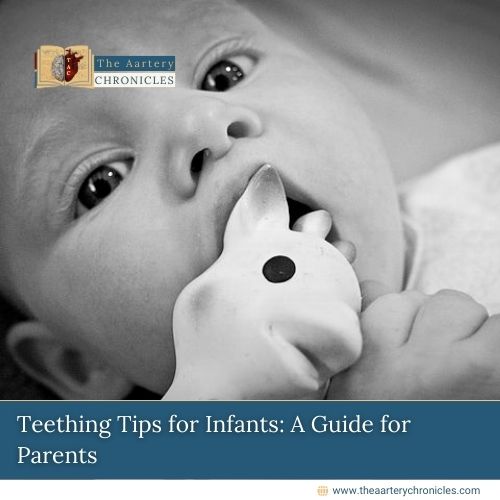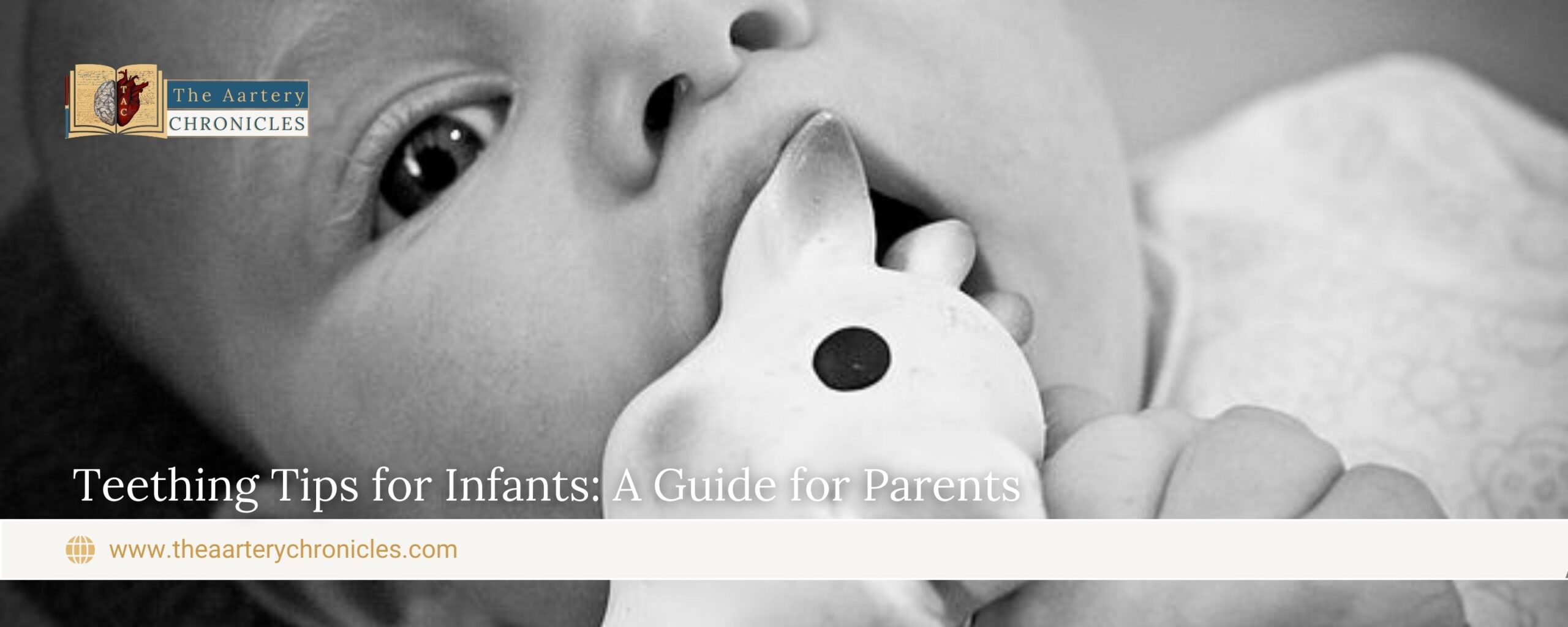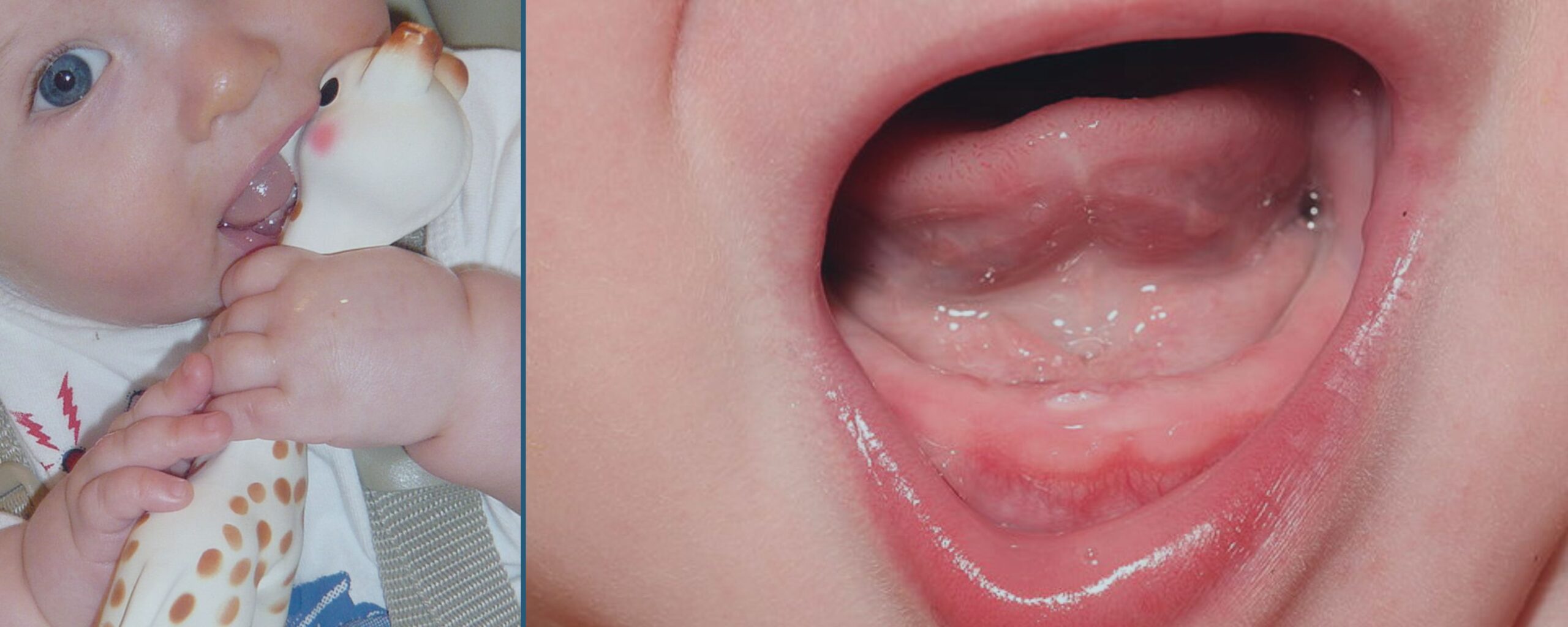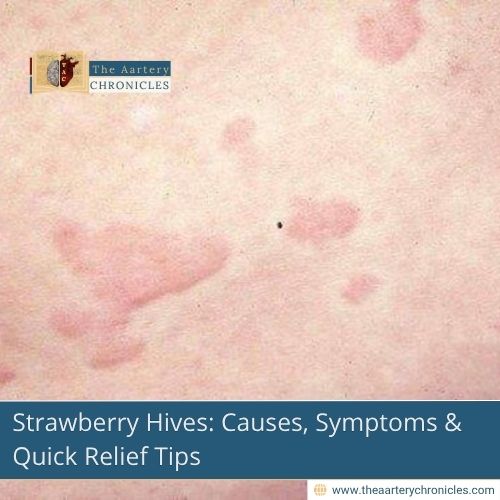

Teething Tips for Infants: A Guide for Parents
Introduction
Teething is a significant milestone in your baby’s development but can also be challenging for both infants and parents. Understanding what to expect and how to soothe your baby’s discomfort can make this period more manageable. Here is a comprehensive guide with tips to help you navigate teething with ease.
What is Teething?
Teething is when a baby’s teeth start to push through their gums. This process can begin as early as 3 months, but most babies get their first tooth between 4 and 7 months. The two bottom front teeth (central incisors) usually come in first, followed by the four upper front teeth (central and lateral incisors), and then the lower lateral incisors. The first molars and eyeteeth (canines) typically come in next, and by their third birthday, most children have all 20 of their primary teeth.
Signs of Teething
As teeth begin to emerge, babies might drool more and want to chew on things. For some, teething is painless, while others might be irritable, cry frequently, and experience disrupted sleep and eating patterns. Common signs of teething include:
- Increased drooling
- Chewing on objects
- Irritability or fussiness
- Tender, swollen gums
- A slight increase in temperature (but not over 100.4° F)
- Changes in eating or sleeping habits
If your baby develops a high fever, diarrhoea, or rash, these are not typical teething symptoms, and you should consult your doctor as these signs may indicate another issue.
Teething Tips for Infants
Here are some tips to help soothe your baby during teething:
- Gentle gum massage: Use a clean finger to gently massage your baby’s gums, where the tooth is emerging. This can help alleviate their discomfort effectively. However, it is crucial to wash your hands thoroughly with soap and water before and after putting them in your baby’s mouth. This helps avoid exposing your baby to potential infections, especially when they are already dealing with the discomfort of teething.
- Cold Compress: If you prefer not to use your fingers (or if they need a break), a cold washcloth can work just as well. Wet a clean, fresh washcloth and place it in the refrigerator for a while. This will keep it cool enough to soothe your baby’s gums without being too cold and causing discomfort. Chewing on a cool, wet cloth can help decrease pain and inflammation along the gums. You can let your baby chew on the cloth independently or use it yourself to gently massage their gums.
- Teething Toys: Teething toys come in various textures and shapes, offering something for your baby to chew on and helping to alleviate the discomfort. It is essential to ensure they are made of safe, non-toxic materials. Offer a chilled (not frozen) teething ring or a toy for your baby to chew on. Frozen teething toys are not advisable because they can become too hard and might be so cold that they hurt your baby’s gums.
- Pain Relief Medication: If your baby is very uncomfortable, consult your pediatrician about giving them a dose of acetaminophen or ibuprofen (for babies older than 6 months). Never place aspirin against the tooth, and do not rub alcohol on your baby’s gums.

Teething Remedies to be Avoided During Teething in Infants
Several teething remedies should be avoided for infants due to safety concerns and the potential harm they may cause.
- Teething Biscuits and Foods: Teething biscuits and hard foods can pose a choking hazard, especially for babies under 9 months who may not have developed the ability to handle solid foods safely.
- Topical Medications: Avoid over-the-counter gels or medications containing benzocaine or other numbing agents. These can lead to serious health risks like methemoglobinemia and may impair your baby’s ability to eat properly, increasing the risk of choking.
- Teething Necklaces and Beads: While some claim these materials offer pain relief through skin absorption, they pose significant choking and strangulation hazards. The American Academy of Pediatrics advises against their use.
- Homeopathic Teething Tablets and Gels: Over-the-counter remedies, including homeopathic teething tablets, lack proven benefits for relieving teething discomfort. Recent laboratory tests have revealed that certain homeopathic products contain higher levels of belladonna than stated on their labels. Belladonna can potentially induce seizures and respiratory problems, emphasizing the importance of avoiding these products for infants.
- Teething Gels or Tablets: Some teething gels and tablets may contain ingredients that are not safe or effective for infants.
How to Care for Your Baby’s Teeth?
Taking care of your baby’s teeth is crucial for their long-term dental health. Even though baby teeth eventually fall out, tooth decay can speed up this process, leaving gaps before permanent teeth are ready to emerge. This can cause the remaining primary teeth to shift and crowd, potentially leading to crooked permanent teeth.
Start daily dental care before your baby’s first tooth appears by gently wiping their gums with a clean, damp washcloth or gauze or using a soft, infant-sized toothbrush with water (avoid toothpaste initially). Once the first tooth emerges, begin brushing it with a tiny amount of fluoridated toothpaste. Increase the amount of toothpaste gradually as your child learns to spit it out, typically around age 3. Use fluoride toothpaste and limit it to a pea-sized amount for younger children to avoid fluoride overdose from swallowing.
As your baby’s teeth come in, aim to brush them at least twice a day, particularly after meals. Introduce flossing early, typically when two teeth touch. Consult your dentist for guidance on flossing baby teeth, and involve toddlers by letting them observe and mimic your brushing and flossing routine. To prevent tooth decay, never let your baby fall asleep with a bottle containing milk or juice, as these can accumulate in the mouth and lead to decay and plaque buildup.
According to the American Dental Association (ADA), schedule your child’s first dental visit by age 1 or within 6 months after the first tooth appears. This early visit allows dentists to identify any potential issues early and provide parents with preventive care advice.
When should you consult a doctor?
If your baby is excessively irritable, not feeding well, or if you notice symptoms such as high fever, diarrhoea, or a rash, it is important to consult your paediatrician. These could be signs of an infection or another condition that needs medical attention.
Conclusion
Teething can be a trying time, but with the right strategies, you can help your baby feel more comfortable. Remember to stay patient and provide plenty of comfort and care. Every baby is different, so what works for one may not necessarily work for another. By trying different methods, you will find what soothes your little one best.
If you have any concerns about your baby’s teething process or overall health, do not hesitate to reach out to your healthcare provider.
- Teething Remedies for Babies (clevelandclinic.org)
- Teething: Tips for soothing sore gums - Mayo Clinic
- Teething | MouthHealthy - Oral Health Information from the ADA
- Laboratory Analysis of Homeopathic Teething Tablets | FDA
- FDA warns about safety risks of teething necklaces, bracelets to relieve teething pain or to provide sensory stimulation | FDA









